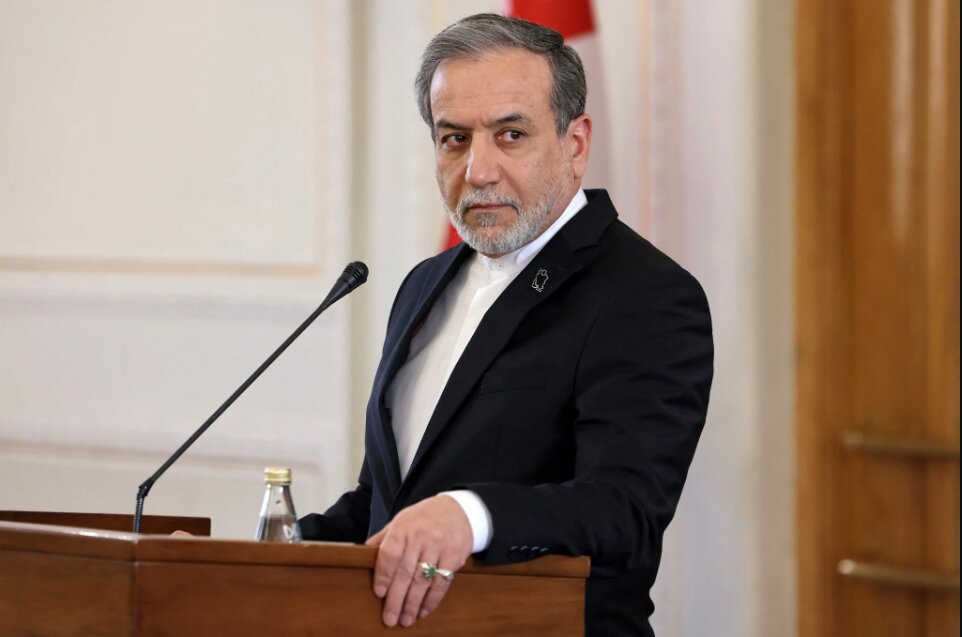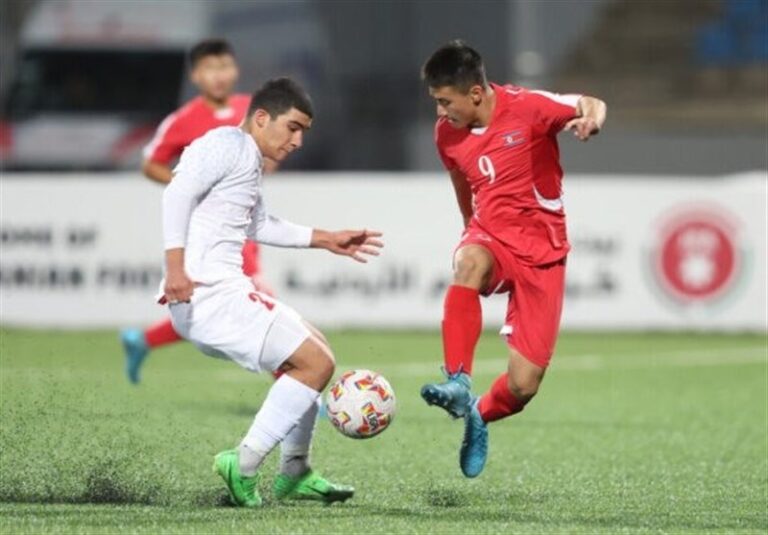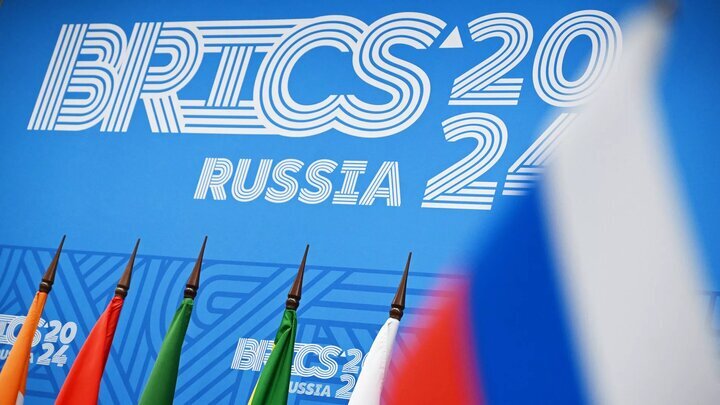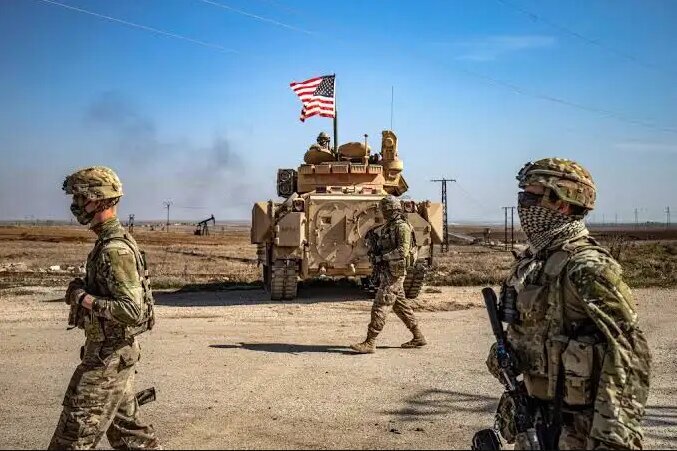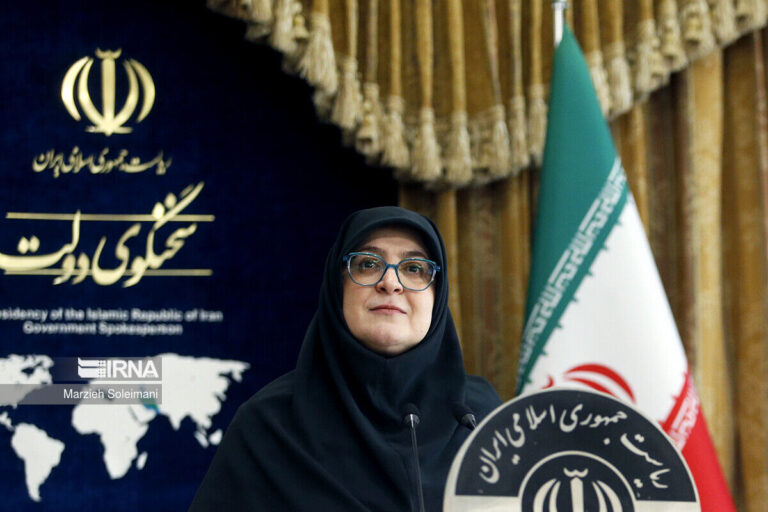Iran Sets Terms for Renewed Nuclear Talks: Key Conditions Unveiled
In a recent address, Iranian diplomat Araghchi highlighted the Islamic Republic of Iran’s responsible and measured approach to international relations, particularly in response to communications from the United States. His remarks, made during a Nowruz celebration attended by various officials and foreign ambassadors, emphasized Iran’s commitment to diplomacy while addressing the complexities of direct negotiations with the U.S.
During the ceremony, Araghchi stated that Iran’s response to the letter from the U.S. president was carefully crafted to align with both the content and tone of the original message. He noted the importance of maintaining opportunities for diplomatic dialogue, despite the challenging context.
Key points from Araghchi’s speech include:
- Direct negotiations with a party that frequently resorts to threats of force are deemed ineffective.
- Iran remains committed to exploring indirect negotiations as a viable path forward.
- The peaceful nature of Iran’s nuclear program has been consistently reaffirmed.
- The U.S. withdrawal from the JCPOA (Joint Comprehensive Plan of Action) was unilateral and contrary to the established agreement.
- Iran is prepared to engage in discussions regarding its nuclear program and the removal of sanctions, based on confidence-building measures.
Araghchi reiterated Iran’s commitment to diplomacy, stating, “While we remain dedicated to resolving misunderstandings and conflicts through dialogue, we are also prepared for all possible scenarios.” He emphasized that Iran’s resolve in defending its national interests and sovereignty is unwavering, even as it seeks diplomatic solutions.
In his remarks, Araghchi pointed out that Iran had previously undertaken several voluntary measures under the JCPOA framework to reassure the international community about the peaceful intentions behind its nuclear activities. However, he noted that it was the U.S. that chose to withdraw from the agreement, which complicated the situation significantly.
He further elaborated on the current stance of Iran regarding the nuclear discussions, mentioning, “With the lessons learned from past experiences, we are ready to resume talks focused on our nuclear program. This includes discussions aimed at lifting the oppressive sanctions imposed on Iran.” Araghchi’s comments reflect a broader sentiment within Iran’s leadership about the importance of engaging in meaningful dialogue while also preparing for any eventualities.
The Iranian diplomat’s statements come at a time when international relations are particularly fraught, with various geopolitical tensions influencing diplomatic efforts. He underscored that Iran is open to diplomacy but also remains steadfast in its commitment to protecting its national interests.
In conclusion, Araghchi’s remarks at the Nowruz ceremony serve as a reminder of Iran’s dual approach to diplomacy—seeking peaceful resolutions while being prepared for any potential challenges. His emphasis on indirect negotiations and the peaceful nature of Iran’s nuclear program highlights the complexities of international dialogue and the importance of maintaining communication channels even amidst uncertainty.
As geopolitical landscapes continue to evolve, the focus on diplomacy remains crucial for Iran, reflecting a broader commitment to engaging with the international community while safeguarding its sovereignty and national interests.
